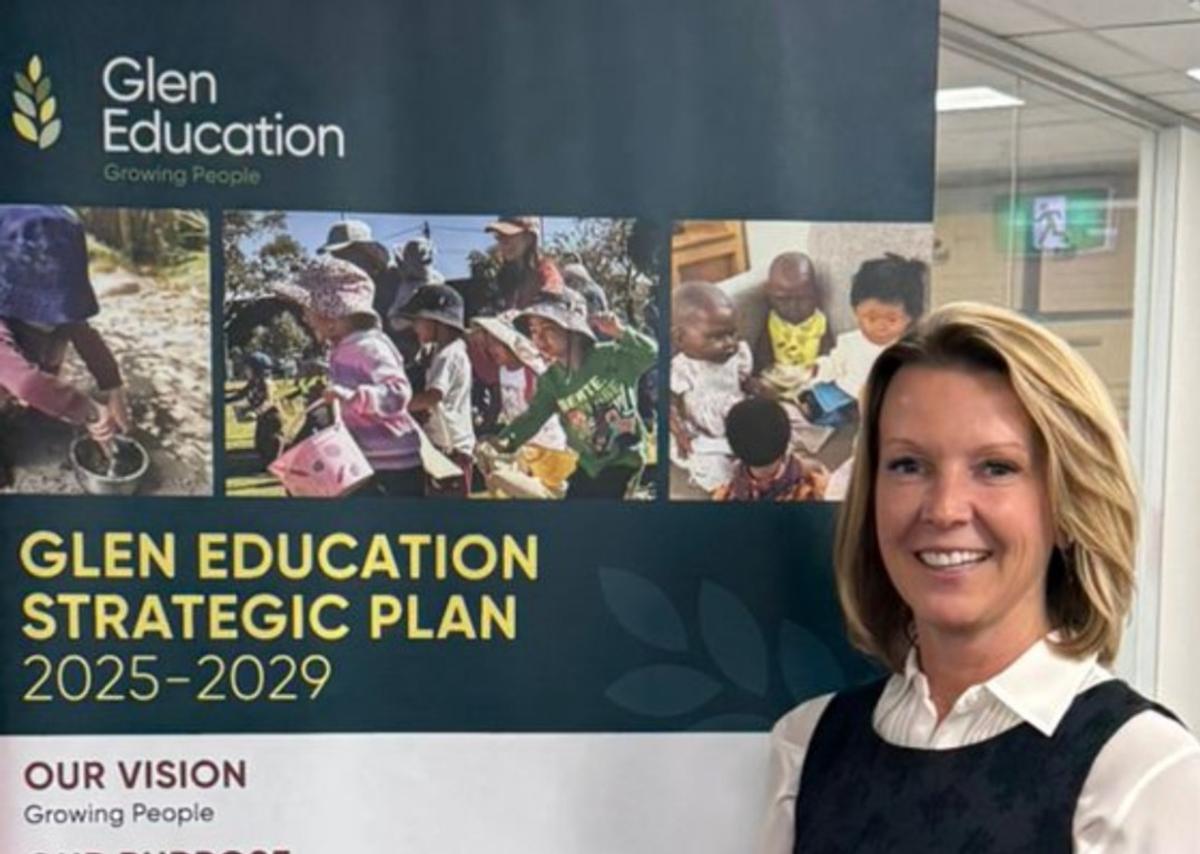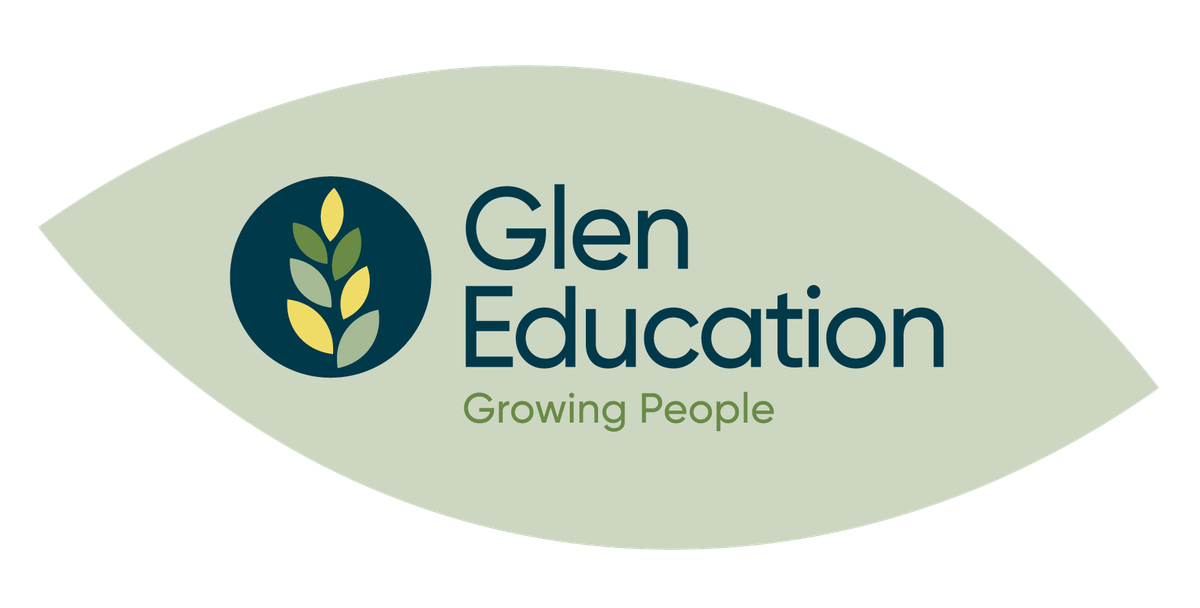CEO Report

The Importance of Cultural Responsiveness
Welcome to our Term 2 newsletter which focusses on the importance of cultural responsiveness and the benefits it brings to children and their families. We know that early childhood education is often the first experience that children have of education outside the home. Consequently, it is critical that our programs, kindergarten settings, and values empower children’s identities and uphold their rights. Children have the right to a flexible and responsive curriculum in which they can access and engage with using the cultural practices of their homes and communities.
In 2024, approximately 31.5% of Australia's population was born overseas. The proportion of the overseas-born population has been increasing, rising from 30.7% in 2023. This is evident within our services. We are fortunate to have children attending a Glen Education service from many different countries – all bringing their unique histories and stories. The same can be said for our staff. Over 50% of Glen Education staff speak a language other than English, and we regularly draw upon their expertise to support families where English may not be their first language.
What is Cultural Responsiveness?
Cultural responsiveness means understanding and appropriately responding to the diverse cultural backgrounds, beliefs, values, and experiences that individuals bring to interactions. It involves being open to new ideas, recognising differences as equal, and adapting practices to meet the needs of diverse cultural groups, ensuring that individuals feel valued, respected, and supported.
In Australia, we have certainly come a long way to embracing this diversity. Within our kindergarten rooms, we honour different celebrations, traditions, and food. Culturally responsive teaching is a pedagogy that acknowledges and embraces students’ cultures, languages and experiences - and relates them to learning.
Our Approach at Glen Education
As part of a child’s orientation, our teaching staff take the time to ensure that they are actively aware of the various cultural backgrounds present in their group. Their role is then to act as a facilitator of lessons that can resonate with each child, and to embrace the rich learning and pride that follows.
With so many children, this is not an easy task. Creating this type of learning environment requires not only a high level of cultural competence, but also an intentional effort to learn about children’s backgrounds and cultures.
Culturally responsive teaching is designed to promote engagement, enrichment, and achievement of all students by embracing a wealth of diversity, identifying and nurturing students’ cultural strengths, and validating students’ lived experiences and their place in the world.
Cultural Competence in the Early Years Learning Framework
The Early Years Learning Framework (EYLF) describes cultural competence as:
“Much more than an awareness of cultural differences. It is the ability to understand, communicate with, and effectively interact with people across cultures.”
It encompasses:
- being aware of one’s own world view
- developing positive attitudes towards cultural differences
- gaining knowledge of different cultural practices and world views
- developing skills for communication and interaction across cultures
Cultural competence builds on the abilities that individual children bring with them and provides support where it’s needed to enable all children to achieve their learning potential.
A Personal Reflection
As a proud (half) Polish individual, I embrace my cultural difference. However, it has taken me a great deal of time to feel safe in celebrating my heritage. When I reflect on my own upbringing, it saddens me that I cannot speak my native language, nor can I cook the food that my grandmother would prepare. I feel that I have missed out in some way and my daughter has also shared the same sentiment.
My family did not embrace our cultural difference – for a variety of reasons, and this flowed on to my experience at school. I can say first hand that diversity is something to be proud of. It shapes us, it is part of our history, and it’s part of our future.
— Sam Kolasa, CEO Glen Education


